Clotilde de Bayser
Рождение : 1963-09-17, Paris, France
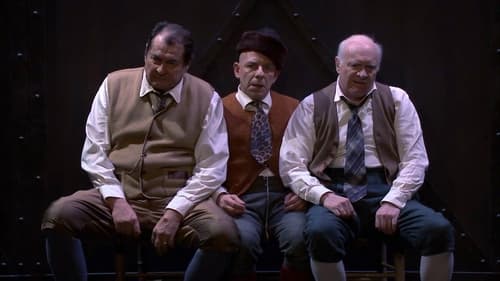
Felice
Written in 1760, Carlo Goldoni’s comedy has never been performed at the Comédie-Française, perhaps overshadowed by the famousHoliday Trilogy. A satire of the Venetian merchant class, embodied by narrow-minded, complaining and intolerant men whose mistrust of the fairer sex borders on the absurd, The Boors perfectly illustrates Goldoni’s theatre, a “theatre of life with a real content, characters observed in reality, and a natural expression.” Thus, a theatre in which the man Voltaire described as “nature’s son and painter” scrutinises his contemporaries, their relationships and their social behaviour. His work served to entertain while providing posterity with an acute testimony of the morals of his time. Indeed, Jean-Louis Benoit warns against reducing the author to a simple “photographer of reality”.

Narrator

Claire
Olivier, Rémi and Pascale are three friends who have known each other since childhood. As they approach middle age, they each experience something of a crisis in their lives. Olivier, a doctor before becoming wheelchair bound, faces a bleak future after the break up of two relationships. The fact that Rémi and his wife Estelle are unable to have children puts an increasing strain on their marriage. And Pascale, a filmmaker, is on the point of leaving her husband to pursue an affair with an opportunistic career politician.

Nathalie
The poet Jean Sénac is also a radio presenter. A Pied-noir, he opted to stay in Algeria after the country achieved independence in 1962. Ten years later he is monitored by the police of the present regime. His poems have a large public following and his radio show is a great success, especially with the young. The poet allies himself with two students, aspiring playwrights Hamid and Belkacem, to fight for the freedom and culture of Algerian youth.
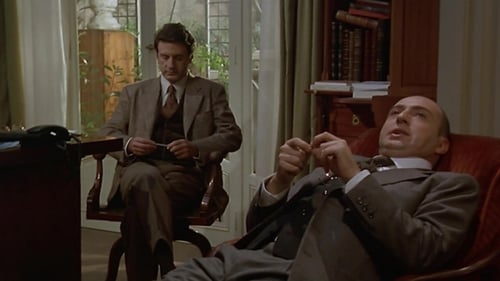
Hélène
Antoine Rivière, a highly-reputed psychoanalyst, is visited by a new patient, Edouard Berg. When Berg claims to have killed his own wife, the doctor suspects he is a compulsive liar. How could he know that he has been caught in a trap and it's already too late for escape?
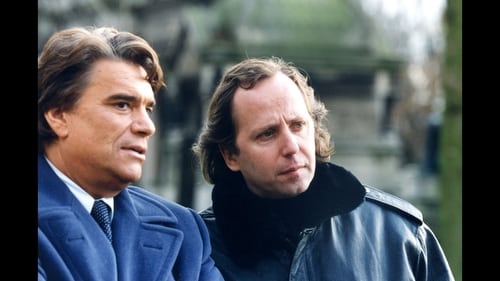
Madame Dufour
Benoit Blanc loves living, he loves women, he loves daring. He is a famous businessman who suffers from stomach-ache. Fabiolini, a would-be actor, is a policeman and he too suffers from the same sickness. The two man face suffering in opposite ways: Benoit Blanc is optimistic while Fabiolini, always unsure of himself, is persuaded he is seriously ill. The two men meet by chance while doing a gastroscopy and become friends. After having known their real different conditions, they will change and will understand better their lives. Around them, other people, women and men, will see their lives changed, by chance, by love or solely by the life stream.

The film is a wonderfully accurate portrayal of the three stories: The stories are tied together with original dialogue and scenes by Martha / Anne / Freda / Judith (Valérie Stroh) and René Feret which follow a Golden Notebook/Anna Wulf theme: she is "writing" the stories and has a boyfriend named Paul who is a psychiatrist. A Man and Two Women: Anne, a young woman, a slightly bohemian painter: "in love" with her newborn, she abandons her husband while Isabelle, her best friend, attracted by to him and becomes little by little her rival. Each Other:Fréda finds her brother every morning in the secret of her bedroom,they leave themselves and incestuous effective becomes the only possible relationship for both. Our Friend Judith: Judith, a cold and warm intellectual, secret and complex - Beautiful, Judith is careful not to show it, she knows interment and that is enough. Intelligent, she does not bend to the rules of fashion nor seduction.

Isabelle
A death in the family. Patrick dies and his three sisters gather at their parents' home in Normandy. Anne, the oldest, is steady, married with two children, showing little emotion. Isabelle, who's cut herself off from her family for eight years, returns from Paris. Claude, Patrick's twin and still a student, grieves for her other half. Along with their parents, each must face family grievances first before they can grieve together for Patrick. Then comes the revelation of how he died, and new feelings come to the fore. Can a death help a family to heal, coax an aging mother back to sanity, bring a couple into each other's arms, and enable two sisters to grow?
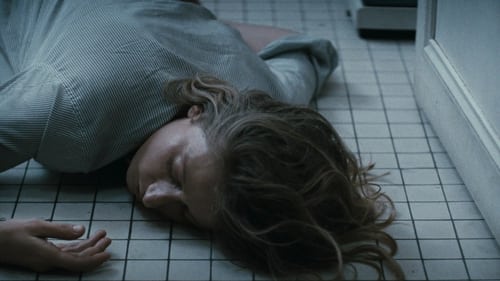
Feckless aspiring architect Stéphane leaves his pregnant girlfriend for theater designer Sabine; Sabine in turn vainly attempts to overcome her violent obsession with an actor in her theater company. A game of emotional chutes and ladders ensues.
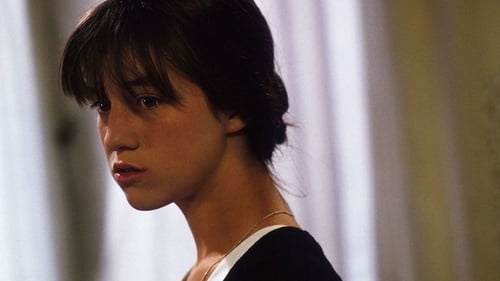
Séverine Longuet
In a small town in post-World-War-II France, an unhappy sixteen-year-old (Janine Castang) tries to escape her dreary situation by any means at her disposal. Three successive friends (Michel Davenne, a married lover; Raoul, a fellow thief; Mauricette Dargelos, a photographer and fellow prisoner) help her learn from her mistakes.

This drama attempts to be a film within a film. In the outer story, Andre Dussolier stars as a film director working with drama students at the Paris Conservatory, making a film (the inner story) about a woman's obsession with a foreign desert. Wallowing in maudlin sentimentality, this feature fails to live up to the promise of its probable inspiration, Fame (1980), and was not well-received at the 1988 Cannes Film Festival. However, as a medium for instructing director Francis Girod's actual students at the Paris Conservatory about the art and perils of filmmaking, it was undoubtedly a good deal more successful.
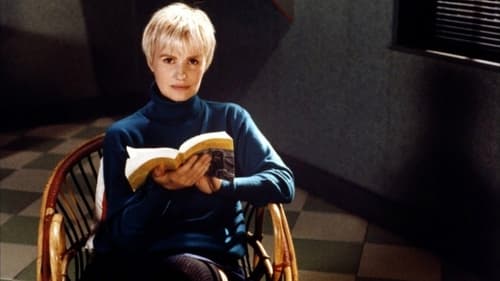
la mère de Coralie
Молодая женщина Констанс, читающая роман «Чтица», идентифицирует себя с его героиней Мари, которая, оставшись без работы, нанимается чтицей к разным людям, в каждом случае принимая особые условия чтения-игры. Они диктуются как запросами слушателей, так и произведениями, избранными для чтения – книгами Льюиса Кэррола, Ги де Мопассана, Владимира Ленина, Маргарет Дюрас, наконец, маркиза де Сада. Констанс, все более погружающаяся в чтение романа и превращающаяся в Мари, не может уже различить границу между вымыслом и реальностью…










